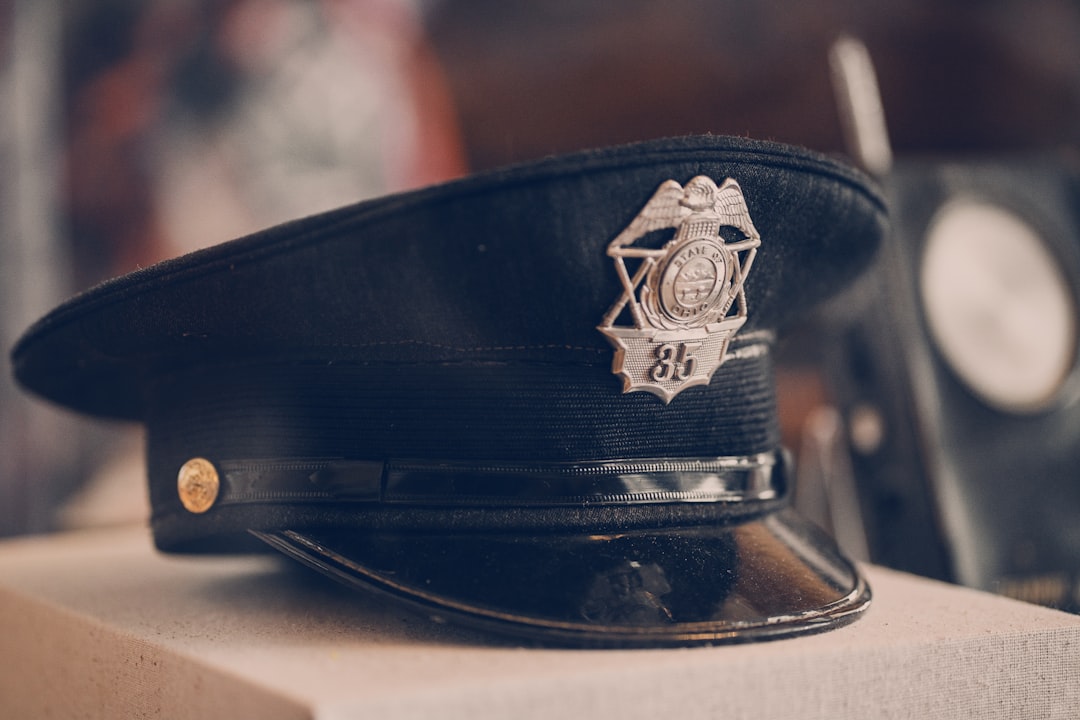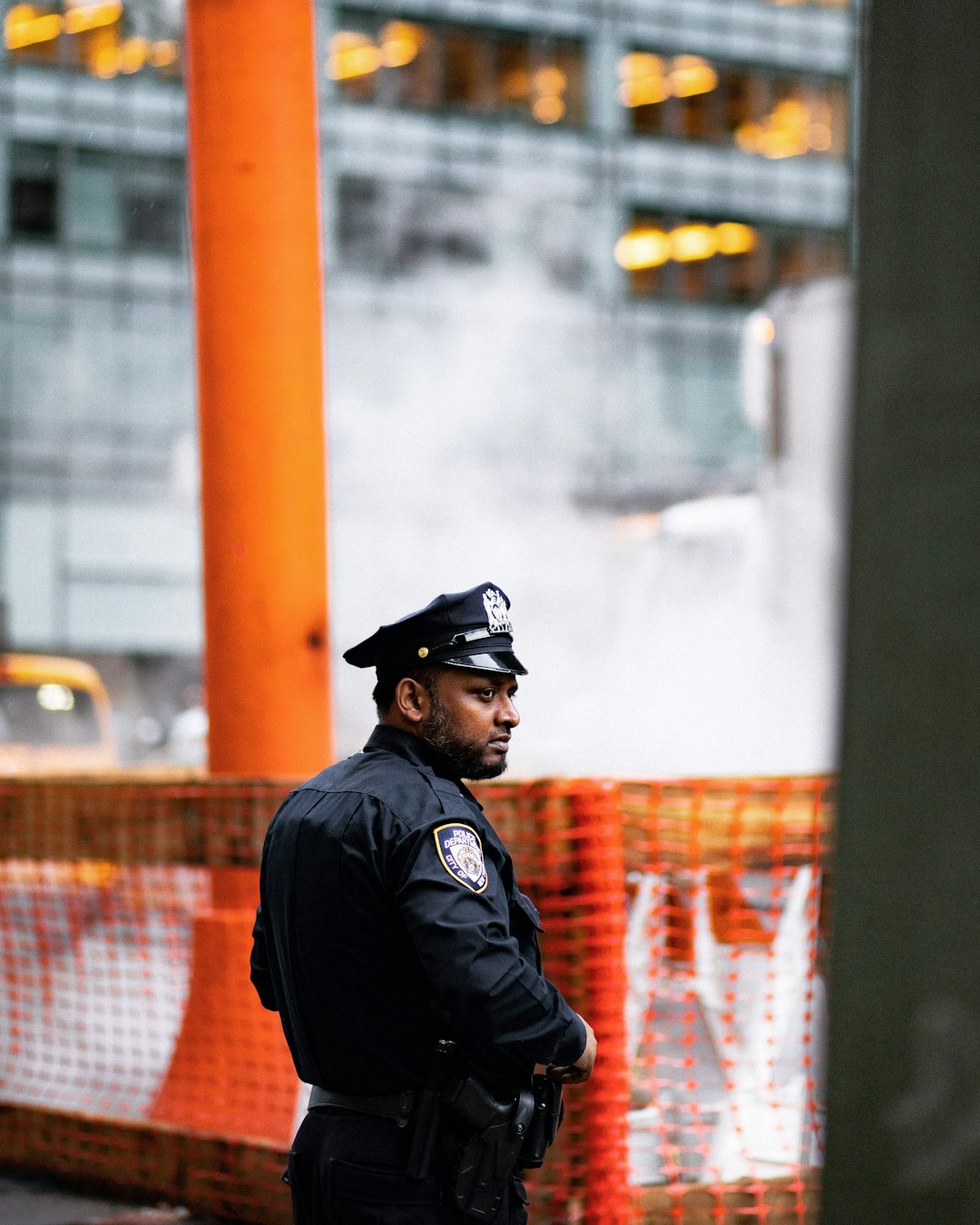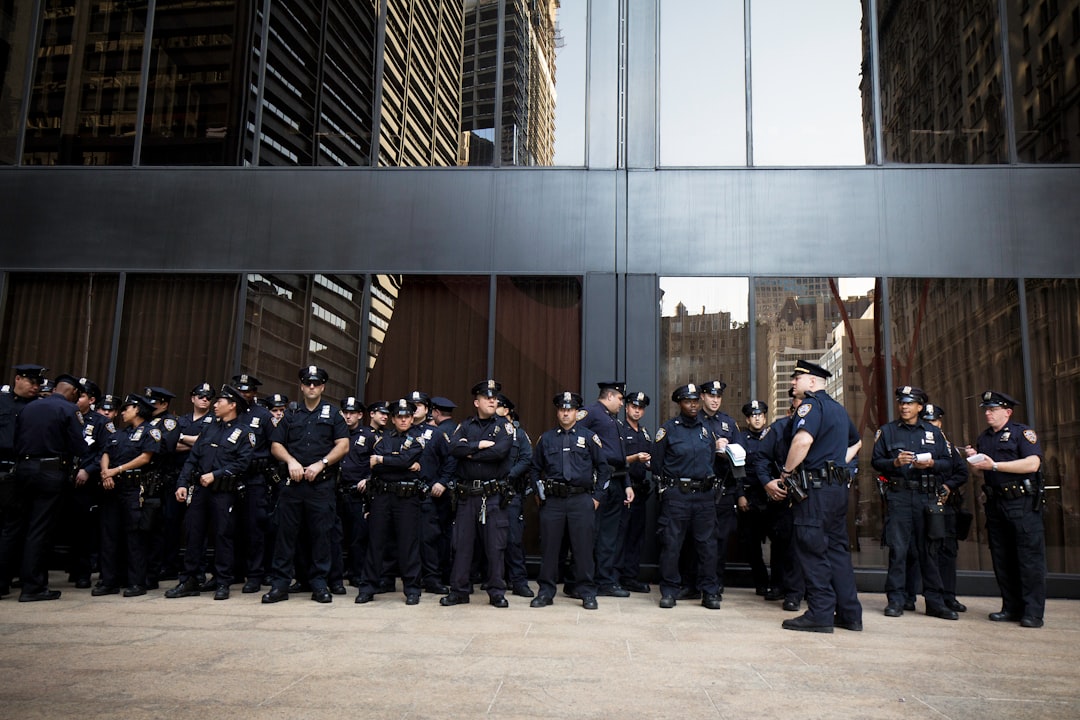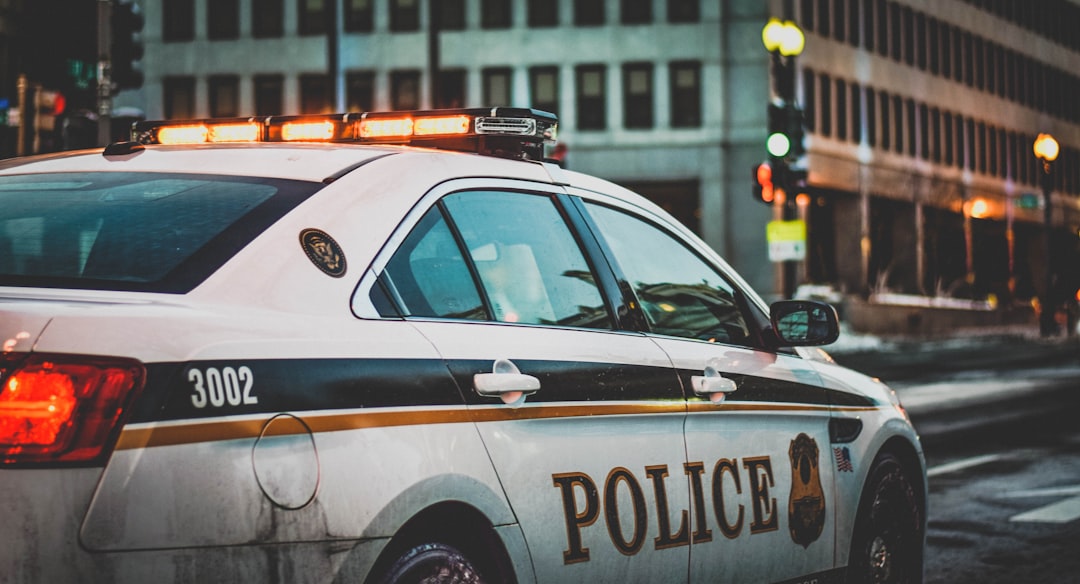Embarking on a career in law enforcement is a noble pursuit that requires commitment, discipline, and resilience.
Becoming a police officer is not just about wearing the badge; it involves enduring rigorous training to prepare for the unexpected challenges that come with maintaining law and order.
One critical step on this journey is the Police Academy, an intensive training program that tests both physical abilities and mental acuity.
But exactly how hard is the Police Academy? This article will explore the training process, duration, and what life is like during the academy.
Watch Video of The Hardest Part of The Police Academy
What is covered in police academy training?
Police academy training is comprehensive and covers a wide range of topics that equip recruits with the knowledge and skills necessary to serve as law enforcement officers. The curriculum usually includes, but is not limited to:
1. Law Education: This involves learning about the constitution, state laws, civil rights, traffic regulations, and criminal justice system. Understanding these legal aspects is crucial for police officers to enforce the law effectively and fairly.
2. Physical Training: Rigorous physical conditioning is a key component of the academy training. Recruits undergo fitness training which may include running, weightlifting, obstacle courses, and self-defense techniques such as hand-to-hand combat and martial arts.
3. Firearms and Non-lethal Weapons Training: Recruits are taught how to handle firearms safely and accurately. They also learn about non-lethal weapons like tasers and batons.
4. Emergency Response Training: This includes first aid, CPR, disaster response, and other emergency procedures.
5. Investigative Procedures: Recruits learn about crime scene investigation, evidence handling, interviewing techniques, and report writing.
6. Ethics and Conduct: This part of the training focuses on the moral and ethical responsibilities that come with being a police officer, including dealing with issues like corruption, bias, and use of force.
The intensity and breadth of this training can be challenging, but it is designed to prepare recruits for real-world situations they may encounter on the job.
VIDEO: What To Expect at The Police Academy
How long are police in the academy?
The length of time spent in the police academy varies depending on the specific program and jurisdiction.
Generally, police academy programs last between 12 to 28 weeks, but some may extend up to six months or more. This period does not include any additional field training that occurs after graduating from the academy.
Do you get to go home during police academy?
Whether or not recruits get to go home during the police academy largely depends on the specific program. Some academies operate on a residential basis, where recruits live on-site for the duration of the training. These are often highly intensive programs with structured schedules that mimic the discipline and rigors of military training.
Other academies operate on a non-residential or commuter basis, where recruits attend classes and training during the day and return home in the evenings and on weekends.
Regardless of the structure, the police academy requires a significant commitment of time and energy, and recruits should expect their daily lives to be heavily impacted during this period.
Can you work while in the police academy?
The possibility of working while attending the police academy largely depends on the specific rules and regulations of the academy and the nature of the job.
Some academies may have strict policies that prohibit recruits from engaging in any form of employment during training.
This is due to the intensity and time commitment required for the academy, which typically includes long hours of physical training, classroom instruction, and study time.
However, other academies may allow for part-time work or employment that does not interfere with the training schedule, especially if it’s a non-residential program.
It’s important to note that even in these cases, working while attending the academy is often discouraged due to the demanding nature of the training.
Moreover, if you’re being sponsored by a law enforcement agency to attend the academy, they may require approval for any secondary employment and may not approve that during the academy.
While it may be technically possible to work while attending the police academy, it’s generally not recommended due to the rigorous demands of the training program.
Each recruit or potential recruit should consult with their specific academy or sponsoring agency for guidance on this matter.
Is the Police Academy harder than basic training?
Comparing the difficulty of the Police Academy to military basic training isn’t a straightforward task as it largely depends on the specific academy and the branch of the military in question.
Some say that while the physical demands of military basic training are typically more intense, the Police Academy often presents more academic challenges.
For instance, recruits are required to learn a vast amount of legal information and procedure which they are tested on. Both have their unique challenges and neither should be underestimated.
What are the police academy exams like?
Police academy exams usually consist of both written tests and practical evaluations. Written exams often cover topics such as law, ethics, psychology, procedures, and report writing.
Practical evaluations may include physical fitness tests, firearms proficiency tests, driving skills tests, and scenario-based assessments to evaluate decision-making skills under pressure.
The exact format and content of these exams will vary by academy and jurisdiction.
How to succeed during police academy training
Success in the police academy requires discipline, dedication, and a willingness to learn. Here are some tips:
1. Stay Physically Fit: Regular exercise will help you meet the physical demands of the academy.
2. Study Regularly: Keeping up with the academic workload is crucial. Regular study and review can help you retain important information for exams.
3. Practice Stress Management: The academy can be stressful. Techniques such as deep breathing, meditation, or yoga can help manage stress levels.
4. Seek Support: Don’t hesitate to ask for help if you’re struggling. This could be from your instructors, fellow recruits, or from friends and family outside the academy.
5. Stay Committed: Keep your end goal in sight. Remember why you want to become a police officer to stay motivated during challenging times.
Is it worth it?
While the police academy is undoubtedly challenging, many graduates find it a rewarding experience that prepares them for a fulfilling career in law enforcement.
The skills, knowledge, and experiences gained can serve as a strong foundation for success in the field.
However, it’s important for each individual to consider their personal goals, interests, and tolerance for the demands of the job.
How to gain experience before becoming a police officer
Gaining relevant experience prior to entering the police academy can be beneficial. Here are some ways to do so:
1. Military Service: Many police officers start their careers in the military. This provides valuable experience in discipline, physical conditioning, and handling stressful situations.
2. Volunteer Work: Volunteering in community service roles can provide experience in public relations and problem-solving.
3. Ride-Alongs: Many police departments offer ride-along programs where civilians can accompany police officers during their shifts to get a firsthand look at the job.
4. Education: Pursuing a degree in criminal justice or a related field can provide theoretical knowledge that will be useful in the academy and beyond.
5. Part-Time or Summer Jobs: Working in a role related to law enforcement, such as a security guard or a dispatcher, can also provide useful experience.
Remember, every bit of experience can help prepare you for the challenges of the police academy and a career in law enforcement.
Final Thoughts
The police academy is undoubtedly challenging, but it is a necessary process that ensures police officers are well-equipped to carry out their duties.
It demands physical strength, mental toughness, and an unwavering commitment to learning and ethics. Despite its rigors, many find the experience rewarding and integral in shaping their law enforcement careers.
Sources:







